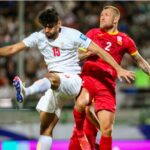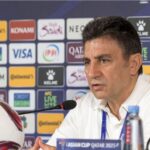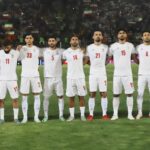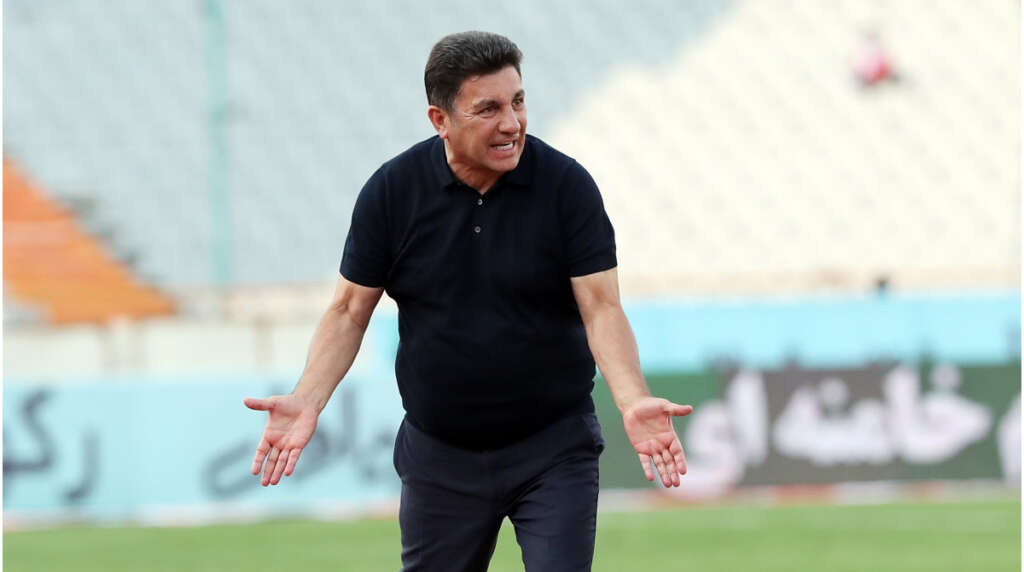Mehdi Taremi’s statistics speak volumes about his value to Team Melli. A key player who has consistently delivered over the years, Taremi’s contributions were particularly significant during the 2024 season, where his goals made a substantial impact. Despite his risky move to Inter Milan in Serie A, where he struggled to secure a spot in the starting lineup, his modest club performance amidst stiff competition from world-class players did not significantly affect his performance at the national team level. As the highest scorer and top assist provider for Team Melli, Mehdi Taremi has proven to be an indispensable player for the team.
Many critics doubted Taremi’s readiness and ability to perform at the international level due to his limited playing time at the club. This skepticism was evident in a few matches with Team Melli, where he was wasteful and even missed a penalty. However, his determination and perseverance compensated for these setbacks, ensuring that his performance for Team Melli remained strong.
Mehdi Taremi’s goal tally ranks him third all-time, behind his mentor Ali Daei and teammate Sardar Azmoun. Since his debut in 2015, Taremi has scored 53 goals, solidifying his place among the greats of Iranian football.
The illustration below captures the essence of Taremi’s achievements and highlights his contributions to Team Melli’s success!
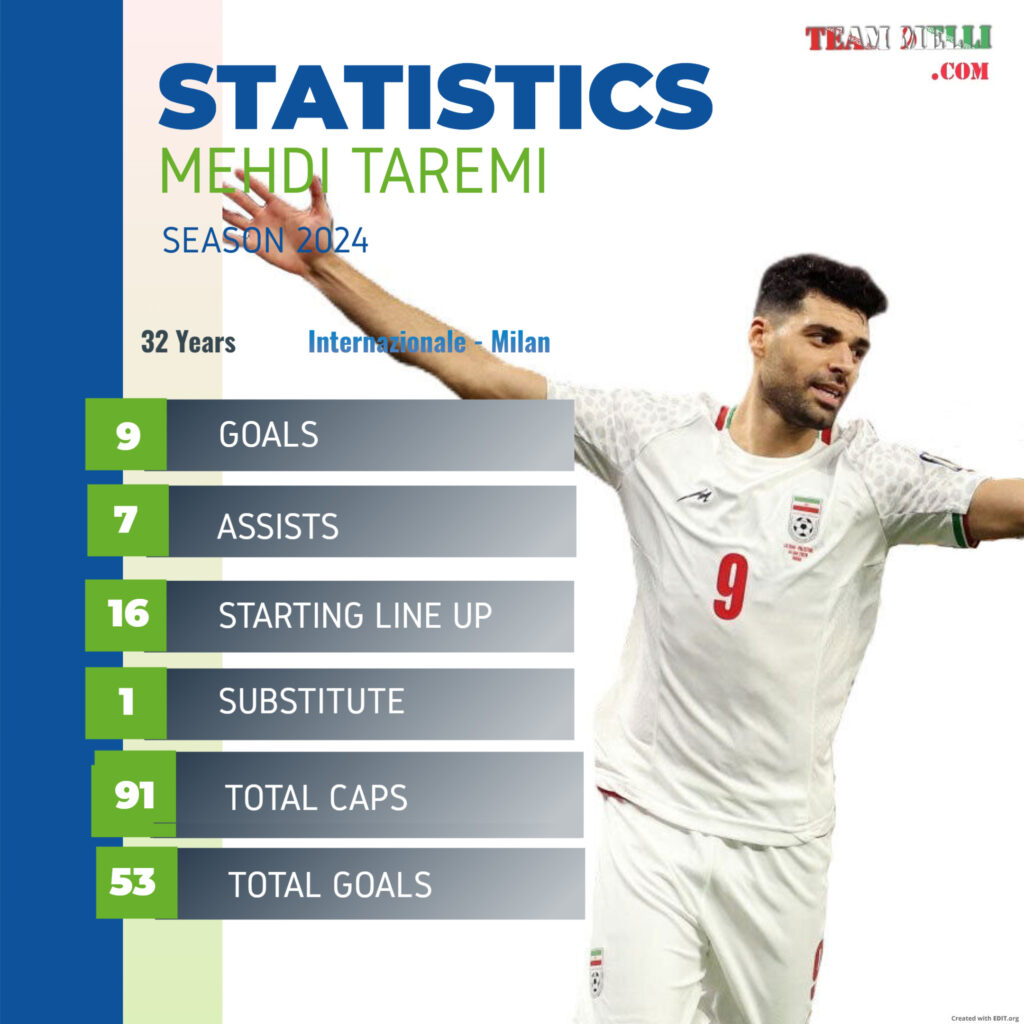

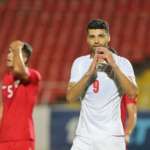
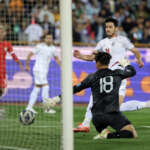
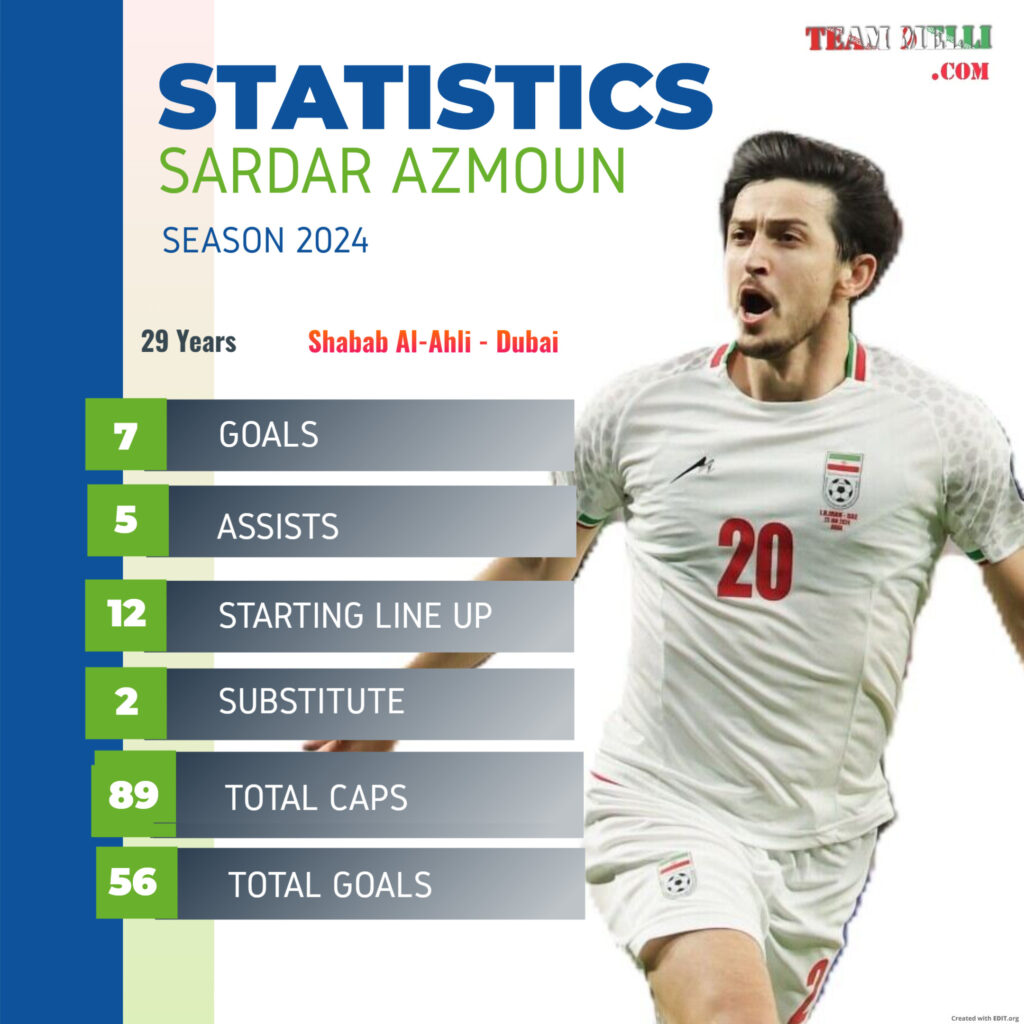

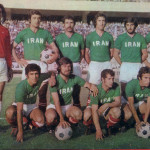
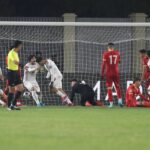
.jpg?d=1100x0)
.jpg?d=1100x0)
.jpg?d=1100x0)
